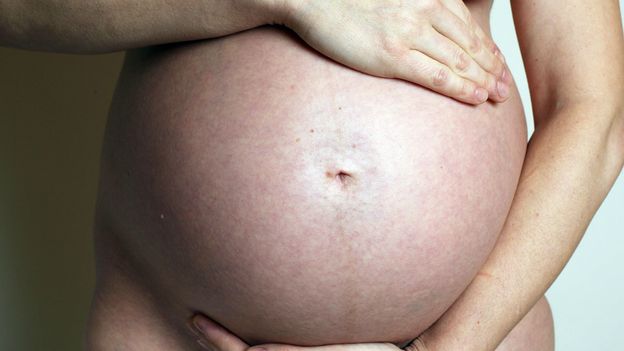#Fertility
"Female fertility is often said to "fall off a cliff" after 35, but there is growing recognition that this idea overlooks much of what we now know about how and when women become pregnant.
In terms of milestones, turning 35 years old may seem unremarkable. Unless, that is, you're a woman who hopes to get pregnant – in which case it can loom large.
For decades, the age has been seen as a watershed moment for female fertility. Before 35, the theory often goes, most women will have little trouble conceiving, but that point, fertility falls off a cliff. For those who do become pregnant later, there even are particular medical terms, including "geriatric pregnancy" and "advanced maternal age", used to drive the point home.
But the reality is more nuanced, say experts. It's true that more women in their late 30s will experience difficulties conceiving – and, in some cases, face more risks in pregnancy and delivery itself – than women in their late 20s or early 30s. However, the decline is a continuum, not a cliff, and it looks different from one woman to the next.
"From 35 years onwards, the rate of decline speeds up, in egg quality and quantity," says Lorraine Kasaven, an obstetrician-gynaecologist and clinical research fellow at Imperial College London with a special interest in fertility. "The rate of decline, however, will vary from individual to individual."
"Female fertility is often said to "fall off a cliff" after 35, but there is growing recognition that this idea overlooks much of what we now know about how and when women become pregnant.
In terms of milestones, turning 35 years old may seem unremarkable. Unless, that is, you're a woman who hopes to get pregnant – in which case it can loom large.
For decades, the age has been seen as a watershed moment for female fertility. Before 35, the theory often goes, most women will have little trouble conceiving, but that point, fertility falls off a cliff. For those who do become pregnant later, there even are particular medical terms, including "geriatric pregnancy" and "advanced maternal age", used to drive the point home.
But the reality is more nuanced, say experts. It's true that more women in their late 30s will experience difficulties conceiving – and, in some cases, face more risks in pregnancy and delivery itself – than women in their late 20s or early 30s. However, the decline is a continuum, not a cliff, and it looks different from one woman to the next.
"From 35 years onwards, the rate of decline speeds up, in egg quality and quantity," says Lorraine Kasaven, an obstetrician-gynaecologist and clinical research fellow at Imperial College London with a special interest in fertility. "The rate of decline, however, will vary from individual to individual."

Women's fertility is more complicated than you might have heard
Female fertility is often said to "fall off a cliff" after 35. The truth is far more complicated.
https://www.bbc.com/future/article/20240313-the-fertility-myth-most-advice-says-womens-fertility-declines-after-35-the-truth-is-more-complicated
2 months ago
